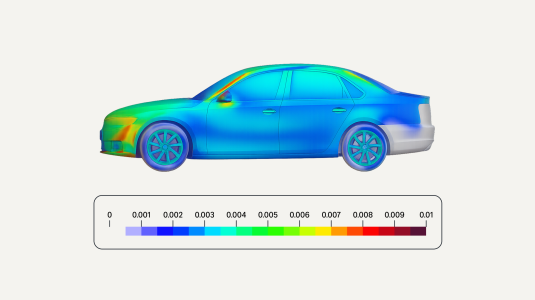Customer-obsessed science


Research areas
-
September 26, 2025To transform scientific domains, foundation models will require physical-constraint satisfaction, uncertainty quantification, and specialized forecasting techniques that overcome data scarcity while maintaining scientific rigor.
-
Featured news
-
AutoML 20242024Abstract We introduce TabRepo, a new dataset of tabular model evaluations and predictions. TabRepo contains the predictions and metrics of 1310 models evaluated on 200 classification and regression datasets. We illustrate the benefit of our dataset in multiple ways. First, we show that it allows to perform analysis such as comparing Hyperparameter Optimization against current AutoML systems while also considering
-
2024We present a novel end-to-end algorithm (PoCo) for the indoor RGB-D place recognition task, aimed at identifying the most likely match for a given query frame within a reference database. The task presents inherent challenges attributed to the constrained field of view and limited range of perception sensors. We propose a new network architecture, which generalizes the recent Context of Clusters (CoCs)
-
Utilizing Large Language Models (LLM) as chatbots in diverse business scenarios often presents the challenge of maintaining topic continuity. Abrupt shifts in topics can lead to poor user experiences and inefficient utilization of computational resources. In this paper, we present a topic continuity model aimed at assessing whether a response aligns with the initial conversation topic. Our model is built
-
ASE 20242024As cloud computing gains widespread adoption across various industries, securing cloud resources has become a top priority for cloud providers. However, ensuring configuration security among highly interconnected cloud resources is challenging due to the complexities of resource modeling, correlation analysis, and large-scale security checks. To tackle those practical challenges, we propose Security Invariants
-
AI-ML Systems 20242024While we can customize large language models (LLMs) on specific domains by finetuning using the domain specific labeled data, performance of the customized models is highly dependent on the quality of the labeled data. Obtaining high-quality labeled data for custom domains often requires considerable human effort and associated costs. However, in many cases, unlabeled data is readily available at little
Collaborations
View allWhether you're a faculty member or student, there are number of ways you can engage with Amazon.
View all














































